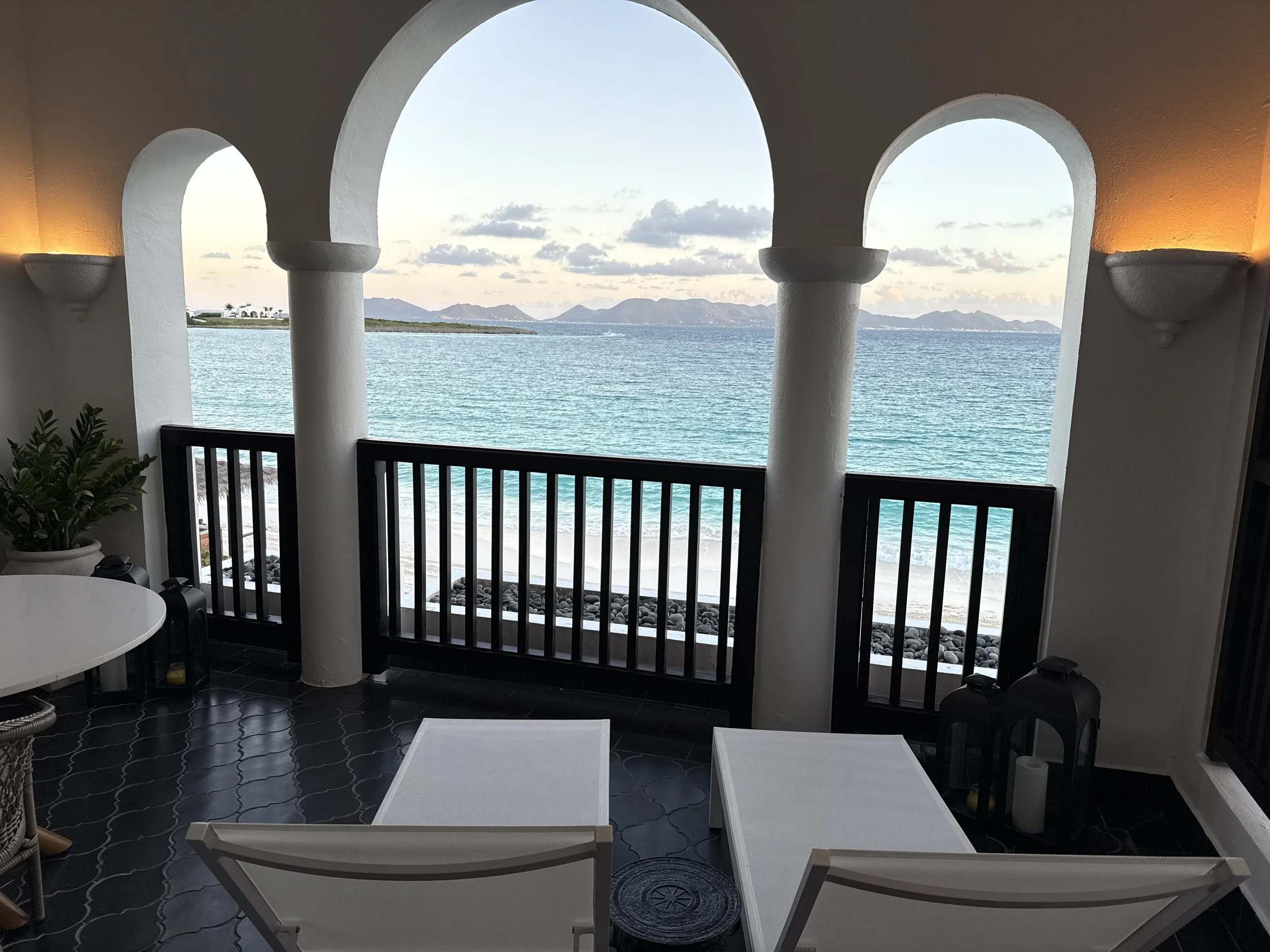Ash Wednesday
/FOR ALL THOSE BEGINNING THEIR LENTEN JOURNEY WITH GREAT HOPES AND EXPECTATIONS.
It was the day before I began seminary. The boxes were emptied, our home set up, and all my shiny books were arranged and ready to be opened. I wanted the day to be a day of inner preparation, so I left our house on a pilgrimage of sorts. I was going to go baptize myself. I had something specific in mind, but the day surprised me. (Yes, I’ve always been a little dramatic)
I left our townhome and headed down the hill toward the Potamic River. I brought nothing with me, not even my headphones. I wanted to be fully present in case God showed up and had something to say.
The walk was not as pristine as I’d hoped. Cars raced and honked as people made their morning commutes. I walked by homes and a train platform filled with eager passengers. I eventually reached a small patch of woods that led to the river, but I was distracted by all the trash in the trees. On the river’s edge, I saw a partially submerged tire, pizza box, and plastic bottles bobbing up and down in the waves.
“Not exactly the Jordan River,” I said with disappointment, but I reached down into the water anyway and did the best I could with the water I had.
I stood and waited, hoping for something to happen, some sign or message that said I was on the right path, that a new chapter had begun, but there was nothing. I knew better than to expect clouds to part or a voice to say I’m God’s beloved son in whom he was well pleased. I’m not Jesus, after all, but still I hoped for something to encourage me on my way.
I decided to continue my walk, this time across the bridge into DC and up to the National Cathedral. Surely I would find a fitting way to initiate my ministry there, I thought. It was a longer walk than expected and I was winded by the time I reached the top of Mount Saint Alban. The cathedral glistened in the afternoon sun, and I rubbed my hands together as if reaching the place I’d been looking for. Entering with reverence, I took as seat away from the tourists but was distracted by my fatigue. I also knew I had a long walk home and found it hard to think of anything else. Resigned that my day had not been the inspirational one I wanted, I headed home.
I left through a side door and noticed a small chapel off to the right. It was outside the cathedral and had no door. I went over to see it and was surprised by its size. Unlike the cathedral, it was small, with only three small pews and a modest altar. There was a homeless man sleeping in the front pew who did not hear me enter. I shook my head because of another flawed spiritual moment, but then I saw the stone carving above the altar. It showed Jesus holding a lamb. It was a simple carving, but it stirred me deeply. I stood there for a while and let that vision fill my soul. It’s been with me ever since.
The next day I began seminary. Three years later, I graduated. Thirty-six years later, I can still remember that pilgrimage. It was nothing like what I expected, but now I see it was exactly what I needed.
It taught what I needed to know:
· The magic happens when I stop trying to run the show.
· Trash-lined roads and a junk-filled rivers can be sacramental.
· Clouds don’t need to part for God to speak.
· Sometimes it’s in the small spaces, away from the obvious, that we find what we’ve been looking for.
· And the good shepherd waits to hold us all, future priest and homeless soul. It makes no difference.
That’s what I needed to learn all those years ago. That’s all I’ve ever needed to know.

